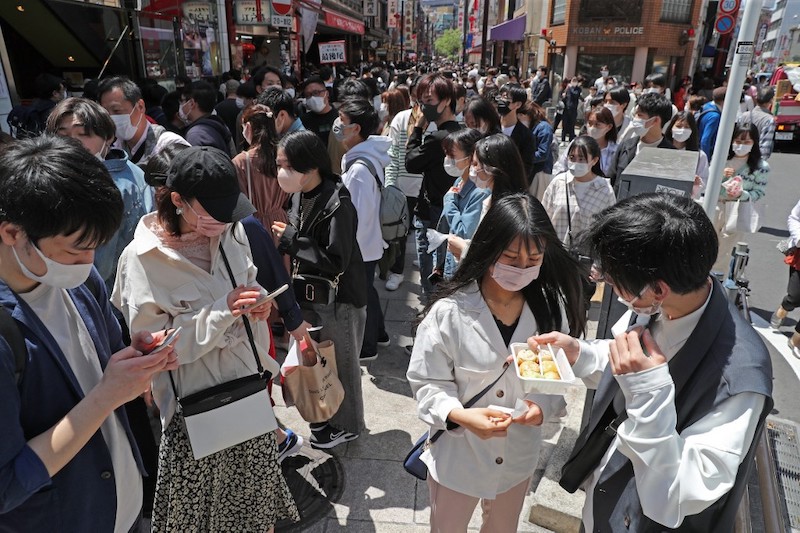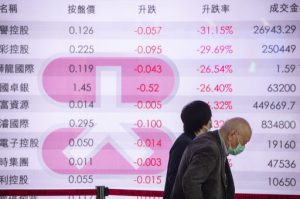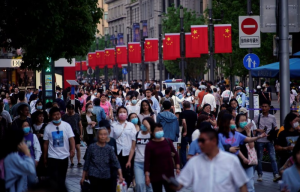Japan’s core consumer inflation reached its highest level in more than seven years due to rises in energy and commodity costs, reflecting further pressure on the country’s households.
The consumer price index (CPI), which excludes volatile fresh food costs but includes energy, rose 2.1% in April from a year earlier, government data showed on Friday.
It was the fastest monthly rise since March 2015 and matched the median forecast in a Reuters poll.
The rise in consumer prices is making it harder for the Bank of Japan (BOJ) to convince markets it will keep monetary policy ultra-loose and as the gains fuel public concerns about pushing up living costs.
The gain was much stronger than a 0.8% year-on-year rise in March, as the impact of mobile phone fee cuts from April last year that have pulled down overall CPI since then starts to fade from yearly comparisons.
The overall rate of price increases in Japan has remained modest compared with much sharper rises in the United States and other advanced economies, as sluggish wage growth in the world’s third-largest economy makes it harder for firms to raise prices.
The BOJ has retained its massive monetary stimulus as it seeks to have inflation stably reach 2% on the back of strong wage growth, even as a weaker yen pushes up food and energy prices and other major central banks are tightening policy.
- Reuters, with additional editing by George Russell
READ MORE:
Japan Trade Balance Widens on Record April Imports Bill
Japanese Economy Shrinks for First Time in Two Quarters
Japan Must Rev up EVs Shift or Face Drop in GDP – Electrek






















